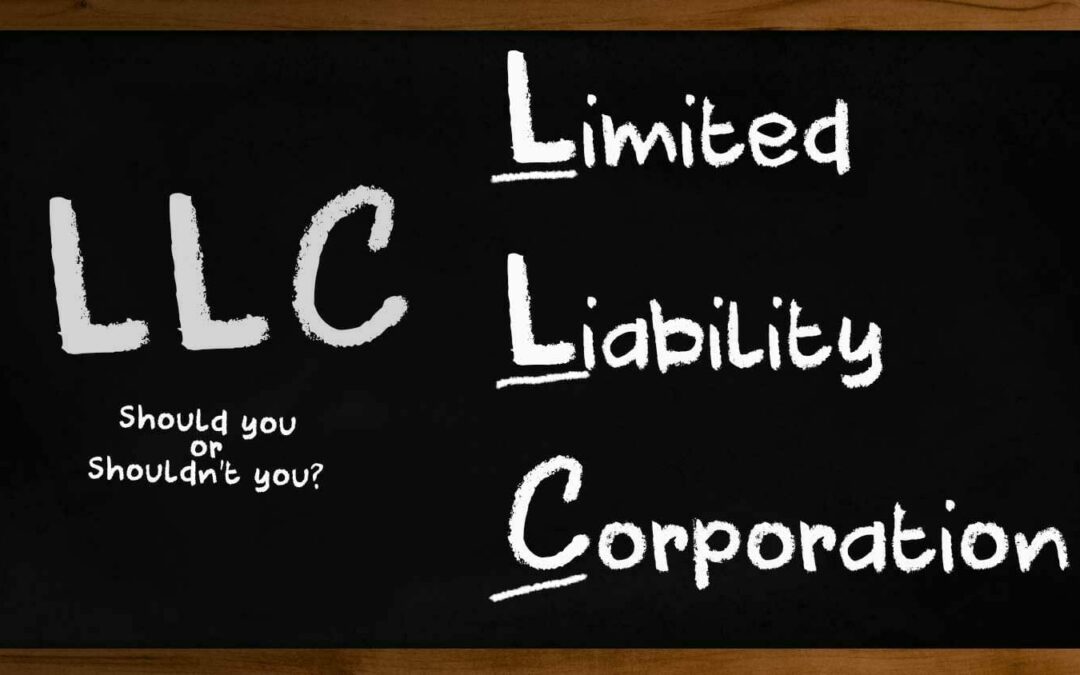A general partnership is defined as two or more people working together to share a profit. General partnerships do not require any formal documentation and are often formed inadvertently when two or more people work together and share profits. In a general partnership, each person in the partnership is personally liable for the debts of the partnership. So, if your partner decides to take a trip to Hawaii and charges his expenses to the partnership, you and your partner are personally liable for the entire debt. This means a creditor would be able to reach any assets you own to satisfy the debt, including such items as your personal bank account, your house, or your vehicles.
Limited Liability Company (LLC): The primary difference between a partnership and an LLC is that an LLC separates the business assets of the company from the personal assets of the owners. This insulates the owners from the LLC’s debts and liabilities. LLC’s are relatively easy to set up, and require articles of organization to be filed with the state. An LLC has only a few formalities that need to be followed, and the limited liability protection makes it one of the best choices for small businesses.
A Family LLC can also be an effective estate planning tool. In a family LLC, the parents can maintain management of the LLC by assigning themselves as the managers of the LLC, while providing significant tax benefits to both the parents and the children. The children or grandchildren can hold shares in the LLC’s assets, without having management or voting rights. This allows the parents to buy, sell, trade, or distribute the LLC’s assets, while the other members are restricted in their ability to sell their LLC shares, withdraw from the company, or transfer their membership in the company. Furthermore, an LLC helps facilitate the removal of assets from the parent’s estate and allows the assets to grow outside of the estate, thus reducing estate taxes. Lastly, the LLC also provides a corporate veil to protect assets held by the LLC from external creditors, absent fraud or abuse.

